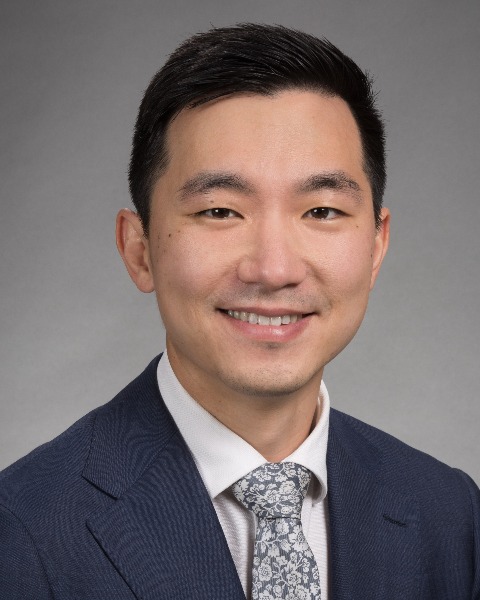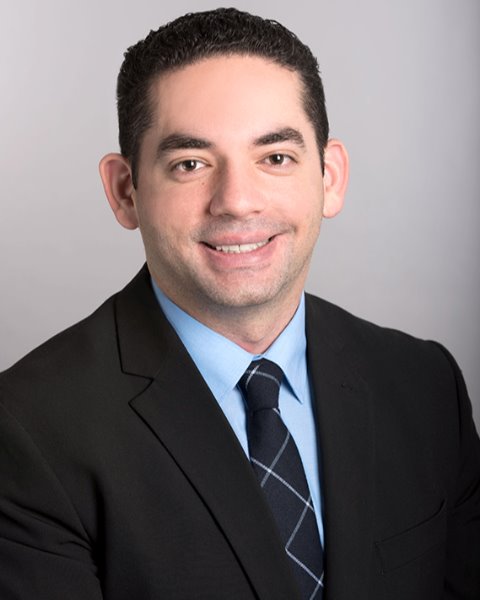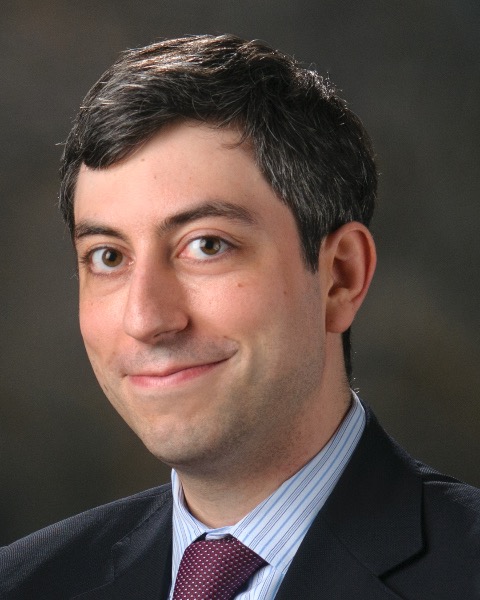Upper GI
CME
95: Cancer Testis Antigen and Interleukin Expression Correlates with Survival in Small Bowel Neuroendocrine Tumors

Y. David Seo, MD
CGSO Fellow
University of Texas MD Anderson Cancer Center, United StatesDisclosure(s): No financial relationships to disclose

Y. David Seo, MD
CGSO Fellow
University of Texas MD Anderson Cancer Center, United StatesDisclosure(s): No financial relationships to disclose

Russell G. Witt, MD, M.A.S.
Complex General Surgical Oncology Fellow
University of Texas MD Anderson Cancer CenterDisclosure information not submitted.

Samuel H. Cass, MD
Research Fellow
University of Texas MD Anderson Cancer Center
Dickinson, Texas, United StatesDisclosure information not submitted.
- RL
Rossana Lazcano Segura, MD
Research Scientist
MD Anderson Cancer Center, United StatesDisclosure information not submitted.
- CH
Courtney Hudgens, n/a
Senior Research Assistant
MD Anderson Cancer Center, United StatesDisclosure information not submitted.
- KW
Khalida Wani, n/a
Research Scientist
MD Anderson Cancer Center, United StatesDisclosure information not submitted.
- SH
Sharia Hernandez, n/a
Research Scientist
MD Anderson Cancer Center, United StatesDisclosure information not submitted.

Daniel M. Halperin, MD
Assistant Professor, Gastrointestinal Medical Oncology
University of Texas MD Anderson Cancer CenterDisclosure information not submitted.
- AL
Alexander Lazar, MD
Professor
MD Anderson Cancer Center, United StatesDisclosure information not submitted.

Jen Wargo, MD, MMSc
Professor, Department of Genomic Medicine, Division of Cancer Medicine, Professor, Department of Surgical Oncology, Division of Surgery
The University of Texas MD Anderson Cancer Center
Houston, Texas, United StatesDisclosure information not submitted.
- JE
Jeannelyn Estrella, MD
Associate Professor
The University of Texas MD Anderson Cancer Center, United StatesDisclosure information not submitted.

Jess Maxwell, MD, MBA (she/her/hers)
Assistant Professor
MD Anderson Cancer Center, United StatesDisclosure(s): Ipsen: Advisor (Terminated, October 25, 2021); TerSera Therapeutics: Advisor (Terminated, August 20, 2022)
Abstract Presenter(s)
First Author(s)
Author(s)
Methods:
Patients with SBNETs who underwent surgical resection at MD Anderson Cancer Center from 2003 to 2016 were retrospectively analyzed. Clinicopathologic data was collected, and patients were stratified by survival. Overall survival (OS) was assessed using the Kaplan-Meier method, and p-values were calculated using the log-rank test. Gene expression was assessed using the Nanostring PanCancer Immune Profiling Panel.
Results:
Resected SBNETs from 36 patients were selected for transcriptional analysis. Unsupervised clustering of RNA expression data revealed separation into high and low expression groups in two distinct transcription panels: cancer testis antigens (CTA) and interleukins (IL) (Fig 1A). All patients with high CTA expression also had high IL expression. Despite presence of stage IV disease in all CTA/IL-high patients (n=6), OS was significantly improved compared with all other patients at any stage (n=30, not reached vs. 1851 days, p=0.03; Fig 1B). The CTA/IL-high patients had elevated expression levels of key interleukins and cytokines (such as IL-13 and IFNa). In addition, detection of expression of the CTA PRAME alone was associated with improved OS in all patients (n=30, not reached vs. 1851, p=0.01), regardless of stage (8/11 (73%) had Stage IV disease, Fig 1C).
Conclusions:
High expression of CTA and IL in resected SBNETs correlates with improved survival agnostic of stage. While CTA expression across multiple tumor subtypes have been implicated in their immunogenicity and potential for therapeutic targeting, this is the first work to identify a clinically relevant signal in SBNET. The concurrent increase of key cytokines (which are known to mediate anti-tumor activity) among CTA-high patients suggests an immune-mediated component to their improved survival. Further work is under way to elucidate the epigenetic mechanisms of CTA expression and silencing, with the goal of validating key CTAs such as PRAME as predictive and therapeutic targets for immunologic intervention.
Learning Objectives:
- Upon completion, participants will be able to describe key predictors of outcome in the transcriptional immune landscape of resected small bowel neuroendocrine tumors.
- Upon completion, participants will be able to list the cancer testis neoantigen expression associated with improved overall survival.
- Upon completion, participants will be able to describe the transcriptional panels that appear upregulated in patients with improved outcomes after resections for small bowel neuroendocrine tumors.
